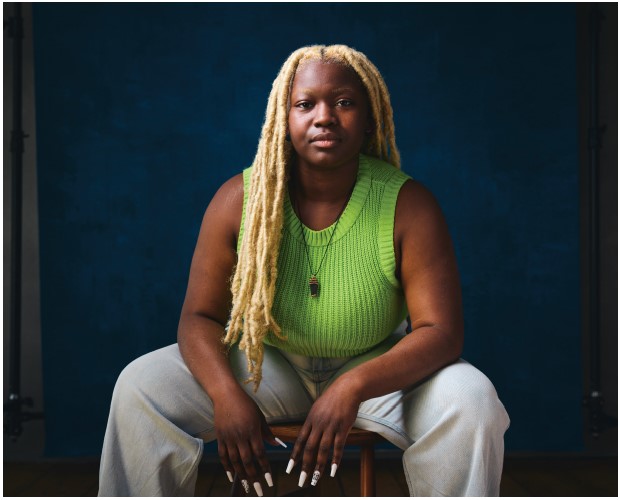
JOIN US
Imarisha Dada Initiative: Empowering Women and Girls
$1,600
Raised Amount
68
Backers
20
Days left
Imarisha Dada Initiative is at the heart of our work, focusing on the empowerment of women and girls by addressing two critical aspects: menstrual hygiene and mental health. In Kenya, millions of women and girls face the dual challenges of limited access to menstrual products and mental health care, which significantly hinder their well-being and productivity. Our initiative provides continuous access to free sanitary pads to school-going girls and women of reproductive age across rural and urban areas, ensuring that no one is held back due to lack of basic menstrual hygiene products. Alongside this, we offer essential mental health services, combating the stigma and barriers associated with seeking help formental health issues.
Mental health, neurological issues, and substance use (MNS) disorders affect a significant portion of the population. According to the Kenya
National Commission of Human Rights, between 25% and 40% of outpatients and inpatients suffer from mental health conditions, with depression, anxiety, substance abuse, and stress being the most prevalent diagnoses. Alarmingly, Kenya ranks fifth in Africa for elevated depression cases, with global statistics indicating that around two million Kenyans suffer from depression, and one in four Kenyans experience a mental health disorder at some point in their lives.
Imarisha Dada seeks to alleviate the challenges surrounding mental health and menstrual hygiene, ensuring that women and girls can thrive in school, at work, and in life. Through community engagement, awareness campaigns, and counseling services, we aim to create supportive environments where women and girls can manage their health with dignity and pride.

The Imarisha Dada Initiative -
Menstrual and Mentally Correct
Our Mission
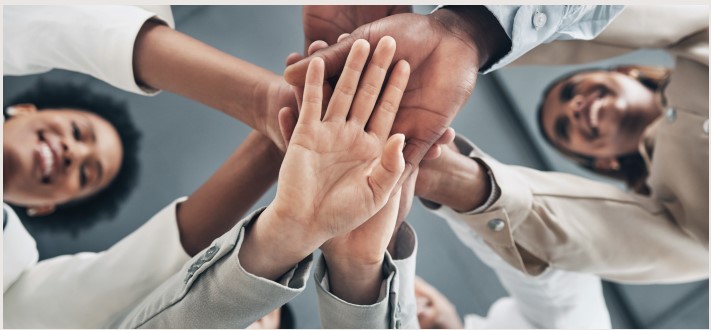
Health Initiative

Share this Project
Health Initiative

Share this Project
The Challenge
The barriers faced by women and girls in Kenya are both systemic and pervasive. Many school-going girls lack access to basic menstrual hygiene
products, which severely hampers their education. Without sanitary pads, girls miss several days of school each month, and many eventually drop
out altogether, limiting their potential and future opportunities. Inadequate facilities in schools exacerbate this issue, with many schools lacking
safe and private spaces for girls to manage menstruation, further contributing to absenteeism and shame.
A study of 62 rural primary schools found that while 84% had separate latrines for girls, only 13% provided a private place for girls to change, and
77% of the latrines lacked locks, crucial for privacy. Moreover, only 13% of schools had water facilities near the girls’ latrine, necessary for maintaining hygiene (Alexander et al., 2014). Inadequate infrastructure not only causes inconvenience but also puts women and girls at risk of gender-based violence. In one informal settlement in Nairobi, 68% of women reported experiencing violence due to limited access to private toilets
(Corburn & Hildebrand, 2015).
Equally concerning is the state of mental health in Kenya. Mental health, neurological issues, and substance use (MNS) are prevalent yet largely
under-addressed. The Kenyan National Commission on Human Rights estimates that 25% of outpatients and 40% of inpatients suffer from mental
health conditions. The most frequent diagnoses include depression, substance abuse, stress, and anxiety disorders. In 2017, a World Health Organization (WHO) report ranked Kenya fifth in Africa in terms of depression cases, with around two million Kenyans currently affected. Mental health
conditions are on the rise, with approximately one in four Kenyans experiencing a mental health disorder at some point in their lives.
The impact of these mental health challenges is devastating. Suicide rates in Kenya are also alarming, with World Population Review ranking
Kenya 114th out of 175 countries, with 6.5 suicides per 100,000 people. Other mental health conditions affecting the youth include anxiety, conduct
disorders, attention-deficit/hyperactivity disorders (ADHD), and personality disorders. Contributing factors include anxiety, drug and substance
abuse, depression, and sexual and gender-based violence (SGBV). The COVID-19 pandemic further exacerbated mental health issues in the
country, prompting the government to declare mental health a national priority.

Our Approach
Menstrual Health Management (MHM): We provide free sanitary pads to
school-going girls and women of reproductive age, particularly in under-served rural and urban communities. By doing so, we ensure that menstruation does not stand in the way of education or daily life. Along with product distribution, we work to educate girls, boys, and the wider community on menstrual hygiene management, reducing the stigma around menstruation.
Mental Health Support: We offer essential mental health services, including counseling, workshops, and support groups. By focusing on mental health, we aim to alleviate the burden of conditions such as depression, anxiety, and substance use disorders, which continue to rise across the country. By creating safe spaces and access to resources, we aim to help women and girls cope with life’s challenges and live emotionally fulfilling lives.
Community Outreach and Education: Imarisha Dada works closely with local schools, communities, and health professionals to foster environments where girls can access education, health services, and mental health support without fear of stigma or discrimination. Our educational programs help raise awareness about gender equality, sexual health, and mental well-being, empowering communities to support the rights of women and girls.
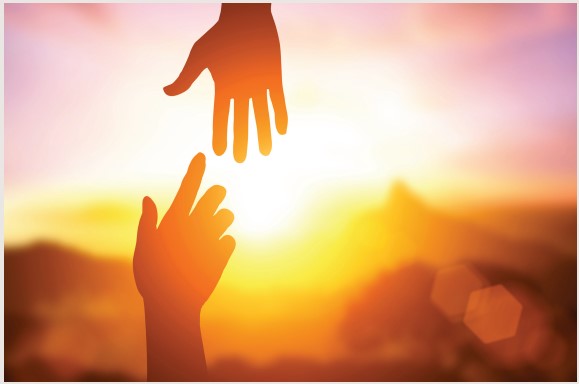
Why We Need Your Support
The problems we face cannot be solved alone. We invite individuals, organizations, and communities to join us in our mission to uplift women and girls across Kenya. Your support, whether financial or through collaboration, will help us expand our reach and impact more lives. Together, we can ensure that every girl has access to sanitary products, mental health care, and a supportive community.
We have attached an organizational profile and presentation for
your reference. We look forward to working together to make a
lasting impact on the lives of women and girls in Kenya.
Similar Projects
Back any of our noble projects
Goal: 3, 600 USD
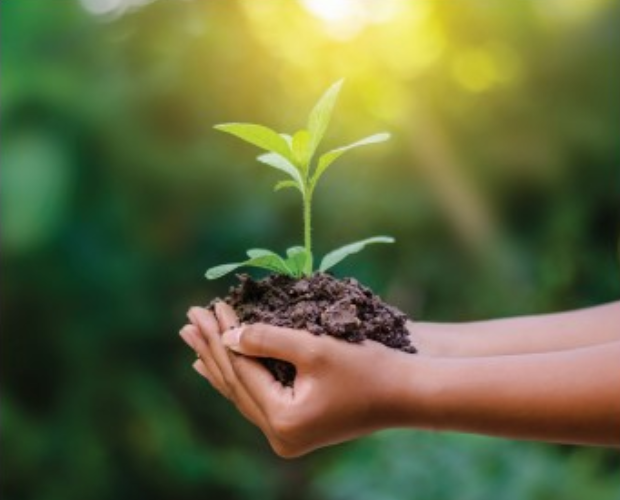
JOIN US
Mazingira Afya Initiative: Protecting the Environment for Future Generations
Goal: 6, 3000 USD
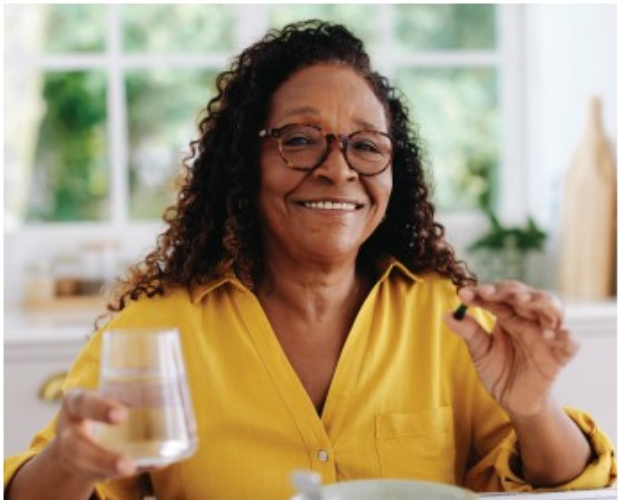

 Donate
Donate